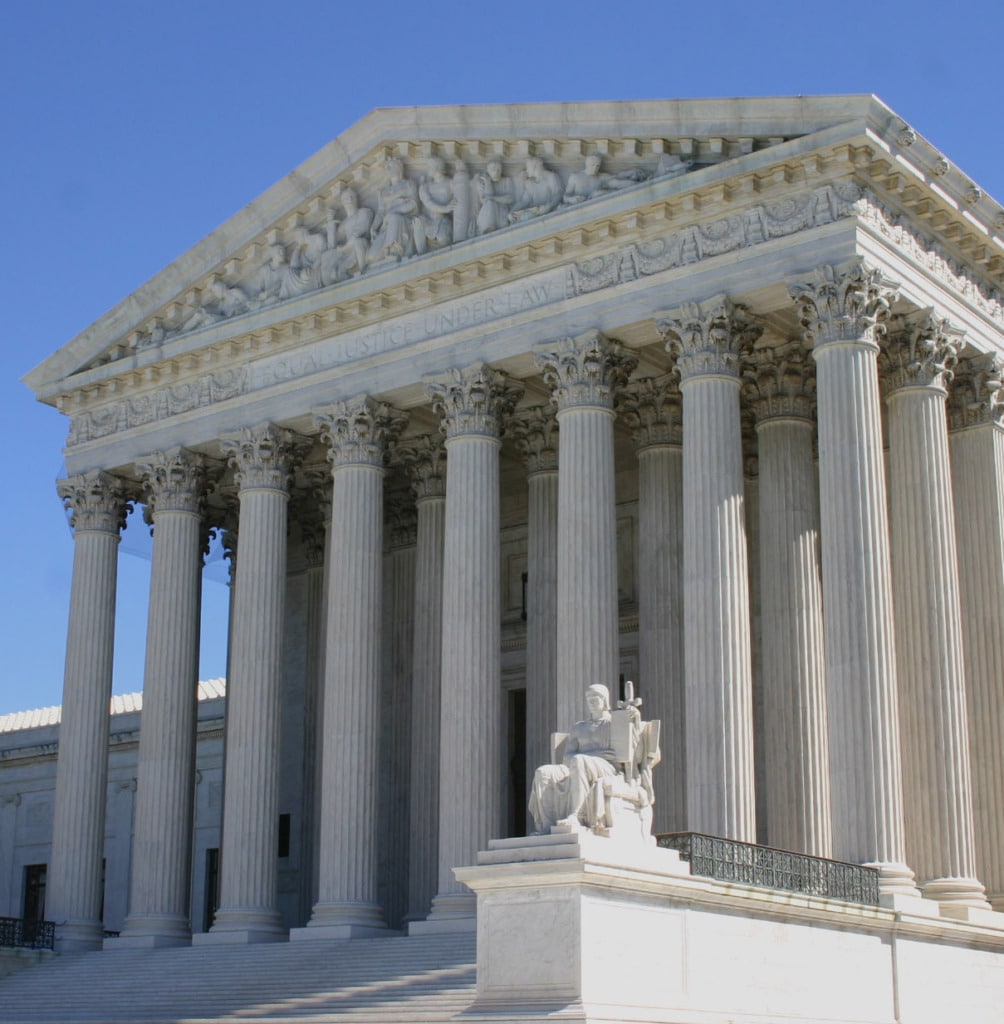Fuld: Right for the Wrong Reason
In a major decision interpreting Mallory v. Norfolk Southern Railway Co. (2023), the Second Circuit in Fuld v. Palestine Liberation Organization held that personal jurisdiction may not be established by relying on the “deemed consent” provision of the Promoting Security and Justice for Victims of Terrorism Act (“PSJVTA”). A thorough review of the decision can…
Continue ReadingWill the Supreme Court Resolve the Circuit Split on the Geographic Scope of Wire Fraud Statute?
The federal wire fraud statute is a workhorse for federal prosecutors. In 2021, there were more than 4,500 federal prosecutions for fraud, theft, or embezzlement, constituting 8% of federal criminal cases. The wire fraud statute is particularly important in transnational fraud cases, because communicating with people in the United States using U.S. wires is considered…
Continue ReadingThe New (Old) Presumption Against Extraterritoriality
The reach of U.S. law keeps changing. For decades—in fact, off and on for more than a century—U.S. courts have turned to the presumption against extraterritoriality to determine the geographic scope of federal statutes. When the presumption changes, so does the reach of U.S. law. And the presumption has changed a lot lately. Most recently,…
Continue ReadingMissed Opportunities in Great Lakes
In the 1994 film, Clerks, the main character works at a quick-stop grocery store in New Jersey. On his day off, he gets a call from his boss asking him to cover the shift of another employee. As he grapples with a stream of difficult customers during the course of this unexpected shift, he keeps…
Continue ReadingThoughts on the Respondent’s Brief in Great Lakes
In a prior post, I surveyed the facts, procedural history, and potential significance of Great Lakes Insurance SE v. Raiders Retreat Realty Co., LLC, an upcoming Supreme Court case about the enforceability of choice-of-law clauses in maritime insurance contracts. In a subsequent post, I shared some thoughts about the brief filed by the petitioner, Great Lakes Insurance SE (GLI). In this…
Continue ReadingUpdate on Cassirer
Last year, the Supreme Court decided Cassirer v. Thyssen-Bornemisza Collection Foundation, a case about choice of law under the Foreign Sovereign Immunities Act (FSIA). This post gives a quick update on what has happened since, and where things are going next. Cassirer is a lawsuit about the ownership of a Camille Pissarro painting, surrendered by…
Continue ReadingSupreme Court Roundup (October Term 2022)
During its 2022 Term, which ended four weeks ago, the Supreme Court decided five cases with important implications for transnational litigation. The questions included whether the Foreign Sovereign Immunities Act (FSIA) applies to criminal proceedings; the standard for aiding and abetting under the Anti-Terrorism Act (ATA); whether states may exercise general personal jurisdiction over foreign…
Continue ReadingAbitron Eliminates Circuit Tests but Causes More Confusion
During the oral argument in Abitron Austria GMBH v. Hetronic International, Inc., Justices Alito, Sotomayor, Gorsuch, and Barrett all expressed concern over whether the Court should overrule its 1952 decision in Steele v. Bulova Watch Co (1952). A reader of the Court’s majority decision by Justice Alito might be surprised to see that the majority…
Continue ReadingThe End of Yet Another Era? Some Reflections on Mallory
I was a young professor of civil procedure in 1977 when the Supreme Court decided Shaffer v. Heitner. The year after that decision came down, I wrote an article titled “The End of an Era” where I predicted the eventual demise of “tag” jurisdiction. I was proven completely wrong when the Court in 1990 decided…
Continue ReadingWhat is a “Domestic Application” of the Lanham Act? The Supreme Court Creates More Questions than It Answers
In Abitron Austria Gmbh v. Hetronic International, Inc., the Supreme Court appears to have returned to its recent preference for bright-line rules in cases assessing the extraterritoriality of federal statutes, but the brightness of this rule will dim as other fact patterns are considered.
Continue Reading





